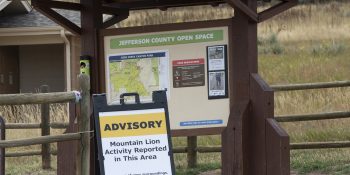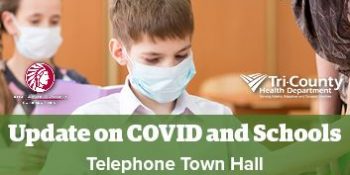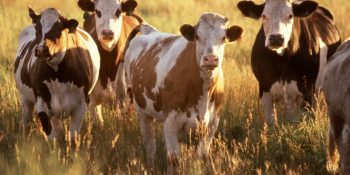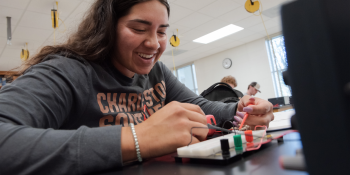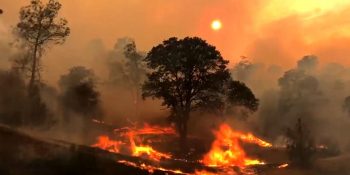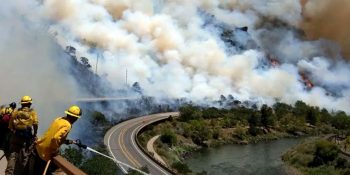LITTLETON, Colo. – Given recent reports of concerning mountain lion activity at Deer Creek Canyon Park, Colorado Parks and Wildlife advises the public to be aware and take necessary precautions in Jefferson County Open Space’s 1,637-acre park southwest of Littleton.
On the evening of Sept. 24, multiple hikers reported to a trail volunteer that they encountered a lion on the Red Mesa Loop trail. On Friday, Oct. 9, a cyclist encountered a lion and was unable to scare it away for approximately 25 minutes as it followed her down the trail. This also occurred on the Red Mesa Loop Trail. Fortunately nobody was injured in either occurrence.
Jefferson County Open Space closed the park following the most recent report from Saturday through Monday, allowing CPW wildlife officers time to investigate.
From Friday night through Monday afternoon, wildlife officers conducted an extensive search, looking for the mountain lion or other observable lion activity. Wildlife Officers set traps and utilized calls to try and draw the lion in. Additionally, trail cameras were deployed and wildlife officers hiked, biked and used ATVs throughout the park looking for activity.
No additional lion activity was observed, but wildlife officers still advise recreators to remain cautious and alert while in the park.
“Please be aware that there could still be a mountain lion in the area and report any unusual lion activity or behavior to authorities,” said Wildlife Officer Melanie Kaknes. “The individual from Friday’s encounter did all the right things – she did not run, she faced the animal and kept her bike in between her and the lion.”
Unusual mountain lion activity can be reported through Colorado State Patrol by calling 303-239-4501 at any time. It can also be reported through CPW’s Denver office, Monday through Friday between 8 a.m. and 5 p.m., by dialing 303-291-7227.
CPW recommends you walk/hike/bike in groups and make plenty of noise to reduce your chances of surprising a mountain lion. Lions are most active early in the morning and in the evening, you may choose to avoid recreating during those times. Always be aware of your surroundings.
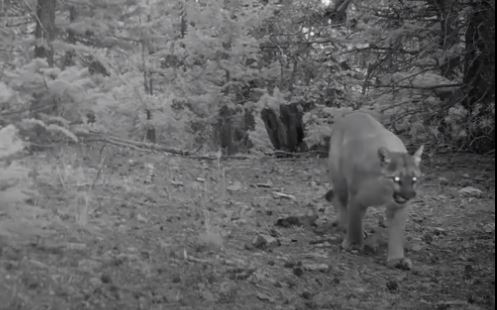
Helpful tips to know if you encounter a mountain lion: • Stay calm, talk calmly yet firmly to it and make enough eye contact so that it knows you have seen it. Maintain visual contact with the lion so you can always see what it is doing.
- Do not approach a lion, especially one that is feeding or with kittens.
- Most mountain lions will try to avoid a confrontation. Give them a way to escape.
- Stop or back away slowly if you can do it safely. Running may stimulate a lion’s instinct to chase and attack. Face the lion and stand upright while backing away slowly.
- Do all you can to appear larger. Raise your arms, position yourself to appear bigger by getting up on a stump or a rock. Open your jacket if you’re wearing one.
- Place obstacles you may have, like a bike, between you and the lion.
- If you see a lion and you are with a small child, pick up the child immediately so they won’t panic and run. Tell the child not to speak – the high voice may sound like prey to a lion.
- If the lion behaves aggressively, throw stones, branches or whatever you can get your hands on without crouching down or turning your back. Wave your arms slowly and speak firmly. Convince the lion you are not prey and that you may in fact be a danger to the lion.
- If the lion behaves more aggressively (eyes locked on you, ears pinned back, feet underneath them), continue to speak firmly and wave whatever you may have (backpack, walking stick) in front of you. If you can’t talk calmly then we recommend clapping your hands or making other noise.
- If the lion gets even more aggressive (crouched, tail twitching, hind feet pumping in preparation to jump), be ready to fight back.
- FIGHT BACK if a lion attacks you. People have successfully fought back with rocks, sticks, keys, tools and their bare hands. Remain standing or if you are knocked down try to get back up! A lion’s face, including its eyes, can be sensitive areas to target with fingers or car keys if you have to strike back. Visit our website to learn more.
SPREAD THE NEWS
COMMENT, Like, Follow & SHARE @I70Scout
CURRENT EDITION
WEATHER & TRAFFIC PUZZLES RECENT NEWS ADVERTISE WITH US
